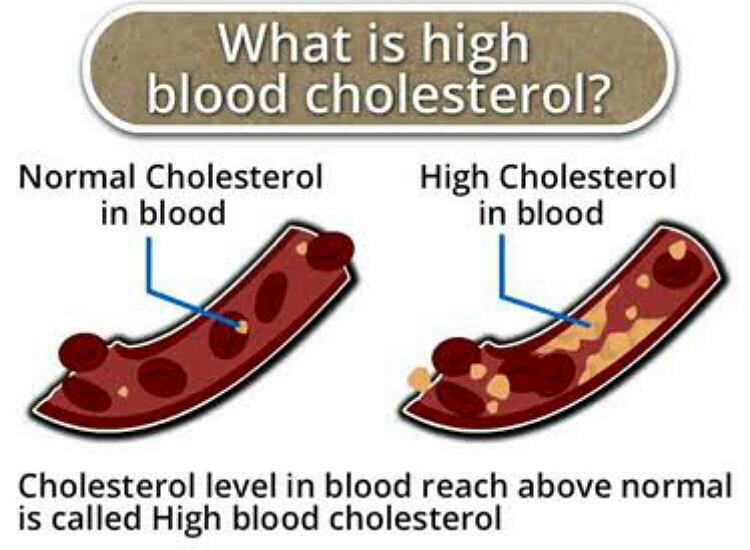Fish is recommended as a protein source for those with high blood cholesterol levels in place of red meats. The latter can cause a marked elevation in blood bad fat levels. But researchers warn that not all fish is healthy in this matter. Certain types of fish can in fact worsen the levels of bad fat in blood.
High blood cholesterol levels
We all know that the level of cholesterol in the blood should be within normal limits. If it is high due to any reason, it has deleterious effects on the body. Diet plays a main role in causing this rise in the levels. Diet experts and doctors recommend that one should avoid red meat and high fatty foods to keep blood cholesterol in the normal limits. They advise substituting fish in place of meats to ‘healthify’ the daily food.

Fish is high in omega 3 fatty acids, proteins, and is therefore nutritious and good for the body and health. But it should be remembered that not all fish are equally good. In fact, some types of fish have high cholesterol content in them and these can worsen your blood cholesterol levels rather than helping it. Which is this fish that is bad for the blood fat level and can cause high blood cholesterol?
Squid
Dietitians warn that squid is extremely high in cholesterol content. A 4 ounce serving of it provides one and half times of the daily recommended need of cholesterol of 300 mg per day. It has 507 mgs of cholesterol in that amount of the fish. Medicinenet states:
“Squid contains the highest amount of cholesterol per unit weight among various seafood.”

But the good news about consumption of squid is that it has low levels of saturated fat. Saturated and trans fat are both bad for the body as they build up blood cholesterol levels. Due to the high cholesterol and low saturated fats, eat squid alone and not with butter. The combination of squid with butter could affect blood cholesterol adversely.
Also, squid has high amounts of DHA in it. This promotes the health of the heart and improves the resting heart rate. It also has high levels of potassium, phosphorus, iron, copper, and vitamin B12. These improve production of blood cells.
Other problems of squid
Squid also can give rise to allergies similar to that caused by shellfish. Hence people with atopic tendency should be cautious while consuming squid. Additionally, seafish can have high mercury and other toxic metal levels in them. This could lead to metal poisoning and its ill effects on the body.

In order to bring cholesterol in blood under control, eat more of plant based foods. Doctor Noel Young, from the blood test company Thriva says:
“Plant foods contain fibre, which helps improve blood cholesterol by preventing it from being absorbed in the gut.
“They also contain vitamins and minerals and other beneficial compounds – like nitrates in dark green vegetables, which help reduce blood pressure.”
Also, read Hypercholesterolemia: one food can lower it by 30% in 4 weeks!
Also have water before meals to dilute the salt of foods. This prevents blood pressure rise. And have regular exercises.